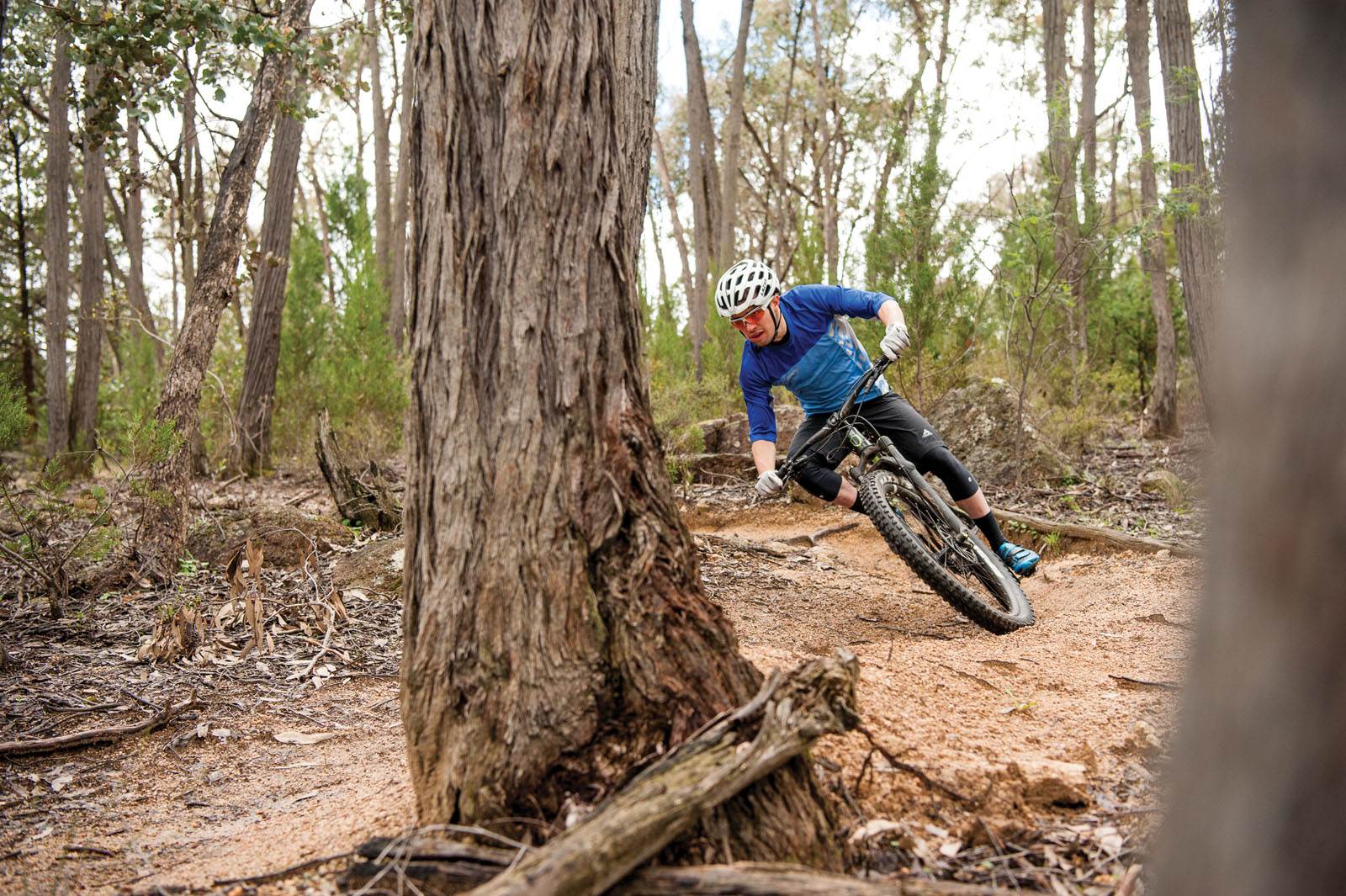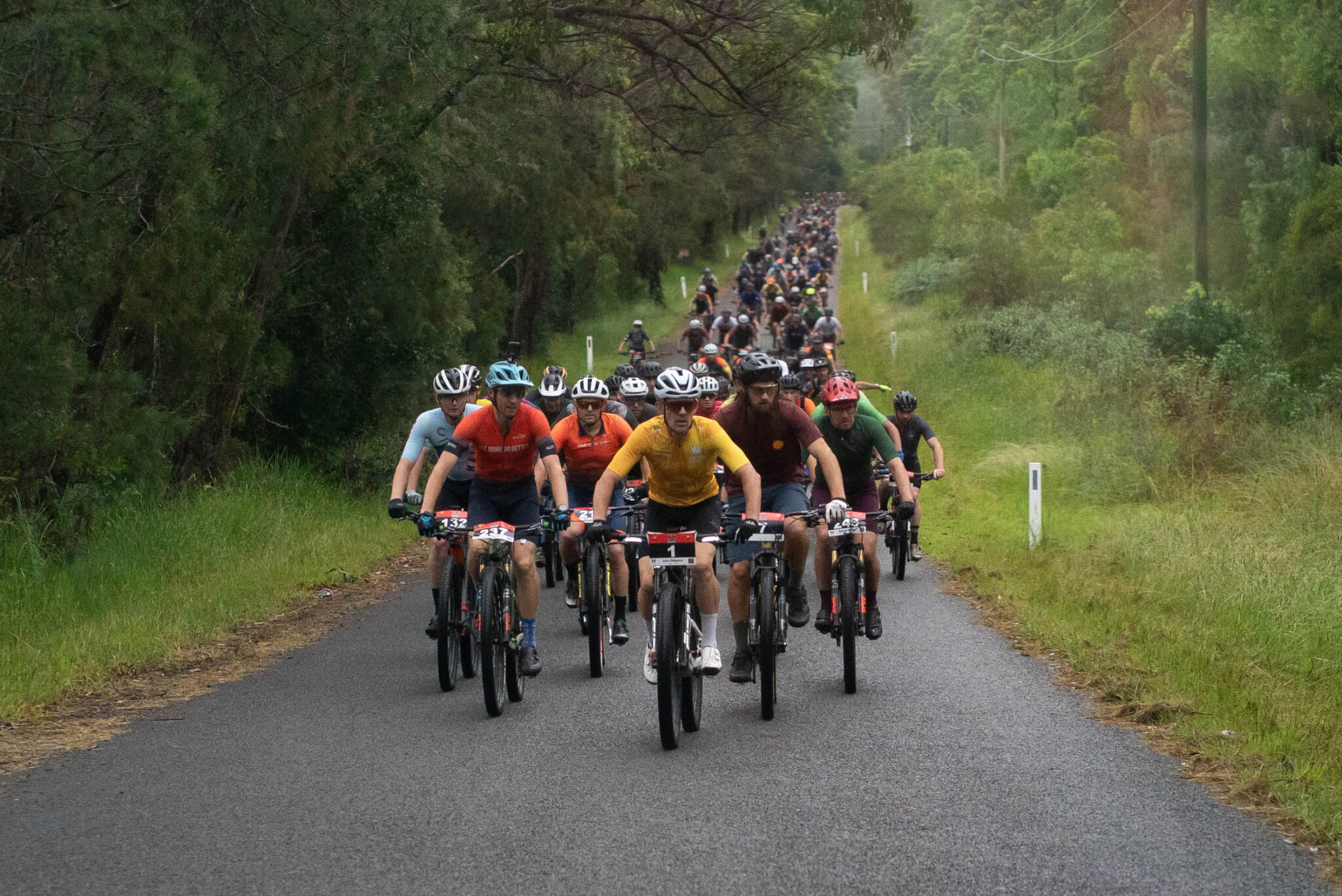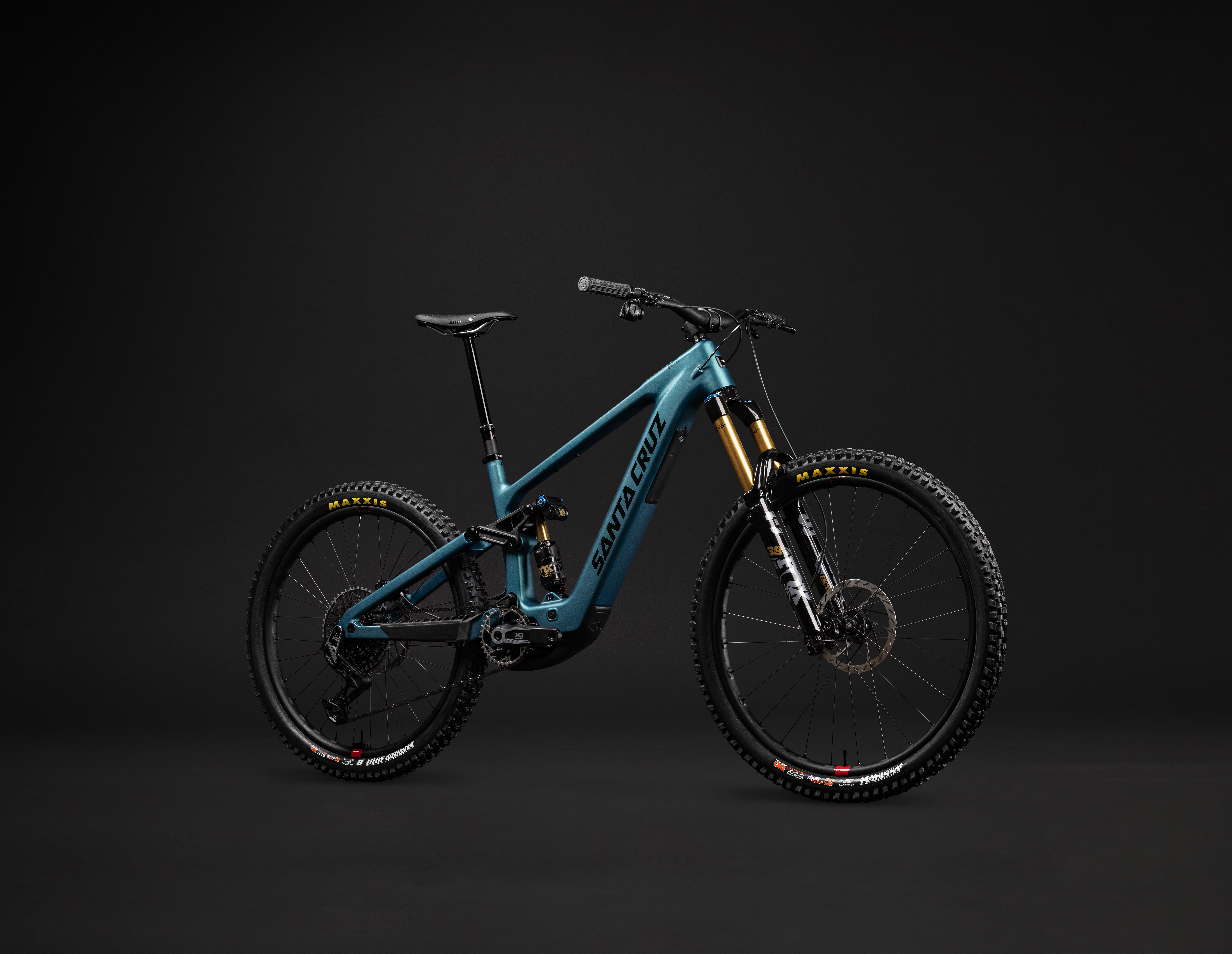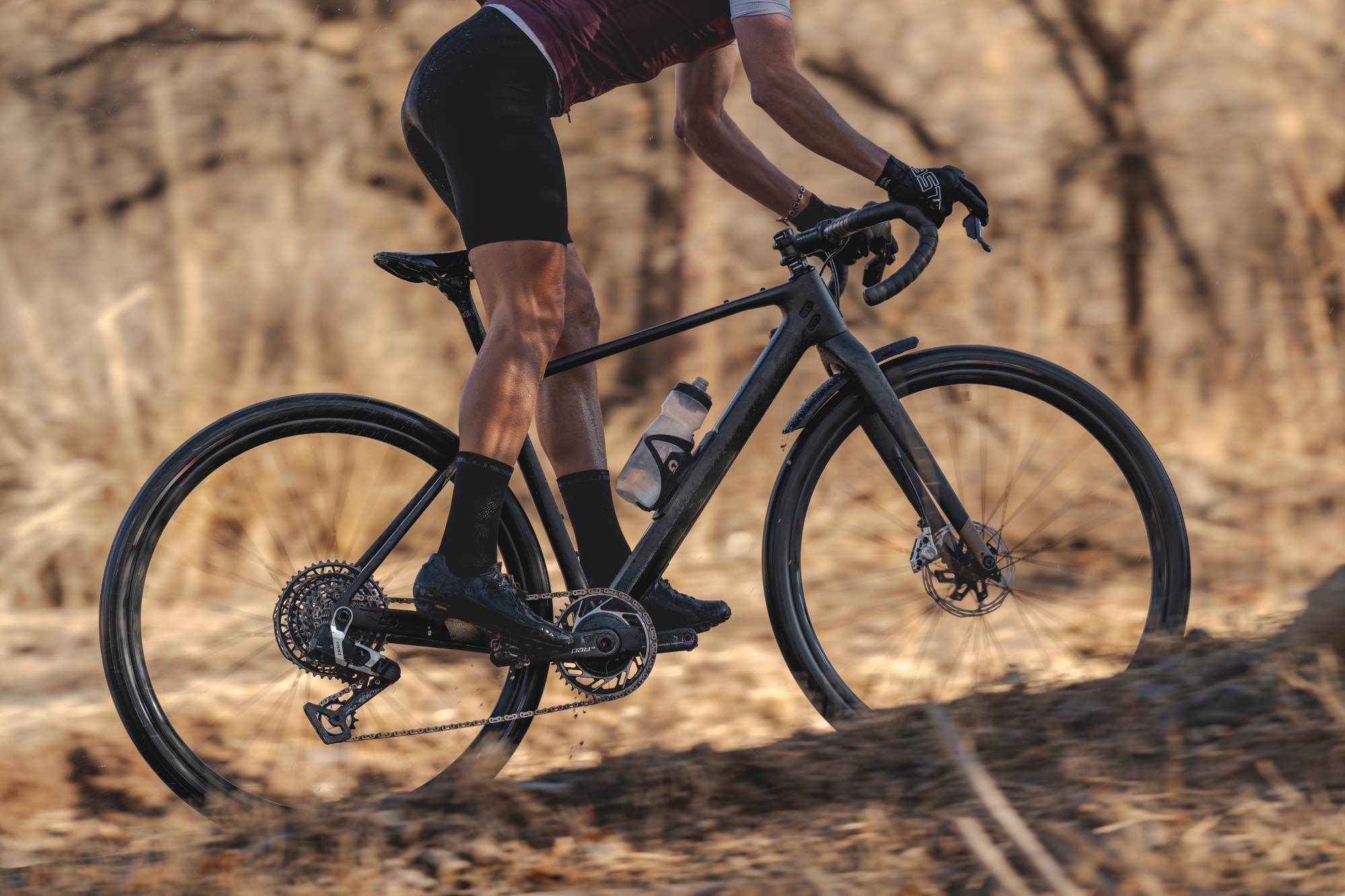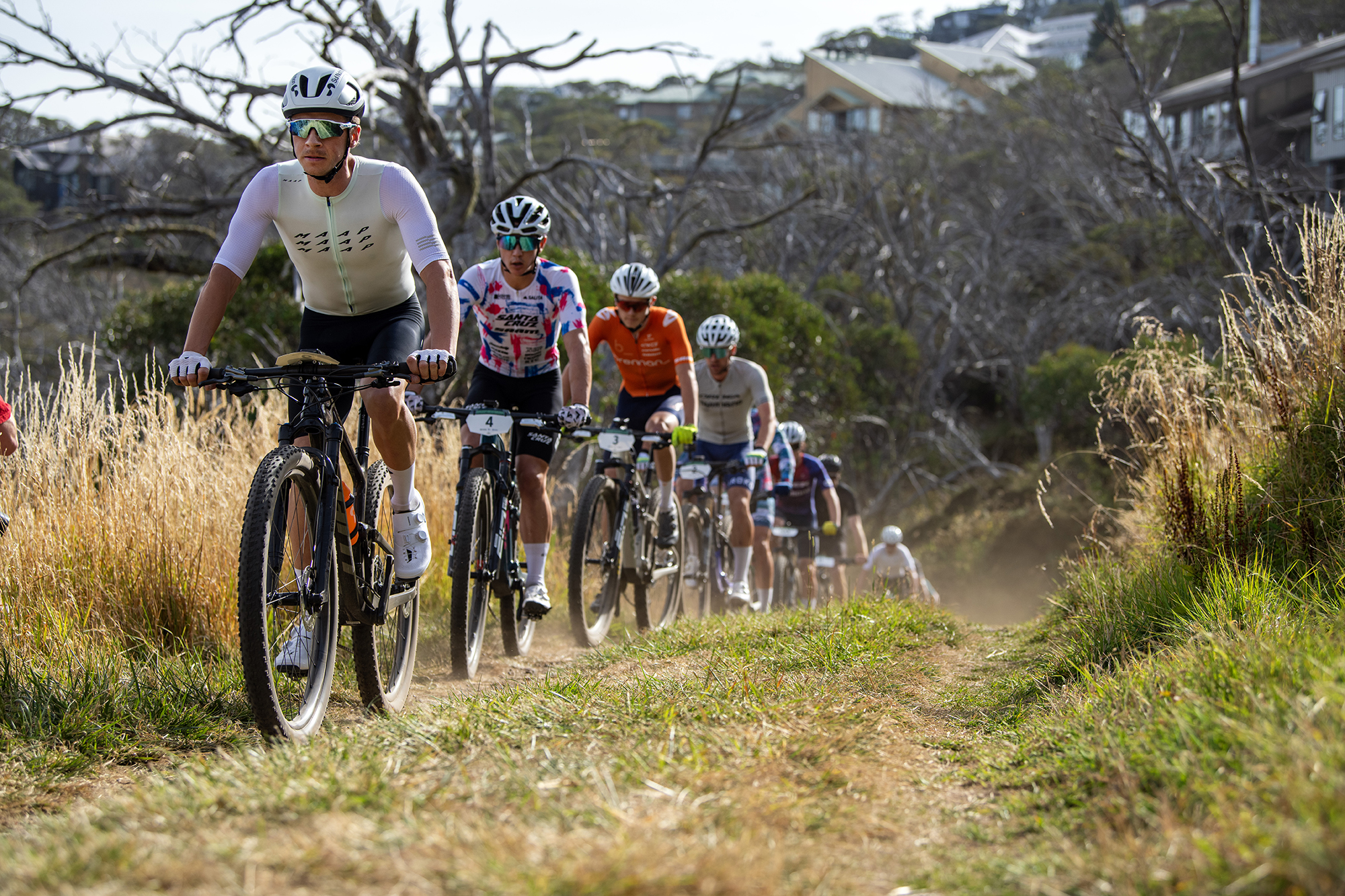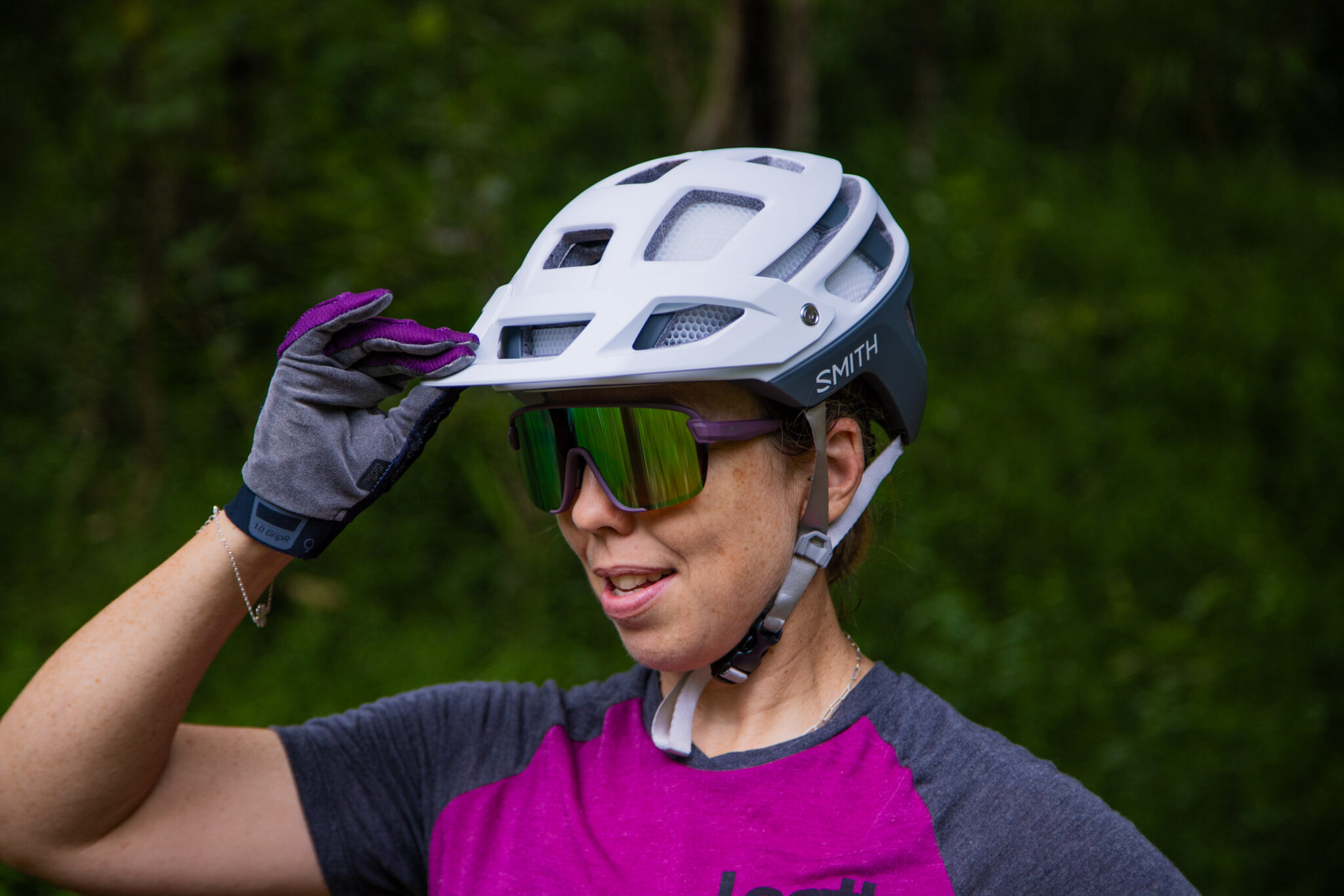Top tips for staying fuelled in winter
The darks days and cold mornings can make it difficult to stay motivated to train in winter. What you eat can have a big impact on your mood and your ability to train well. Try these tactics to make the most of your winter training, so you can come out fighting fit in spring.
Words: Zoe Wilson
1. Push fluids, not just pedals
Staying hydrated during winter is essential, especially when training. In summer we see sweat trickling down our foreheads so drinking is at the top of our minds. We can sweat just as much in winter, but your sweat is being absorbed by your jersey or base layer – so drinking is often forgotten about. Even a small amount of dehydration can affect your performance on the bike, but also make you feel tired, groggy and hungry during the day. Instead, be sure to drink at least a 600ml bottle every hour during training and a total of at least 1.5-2L over the day.
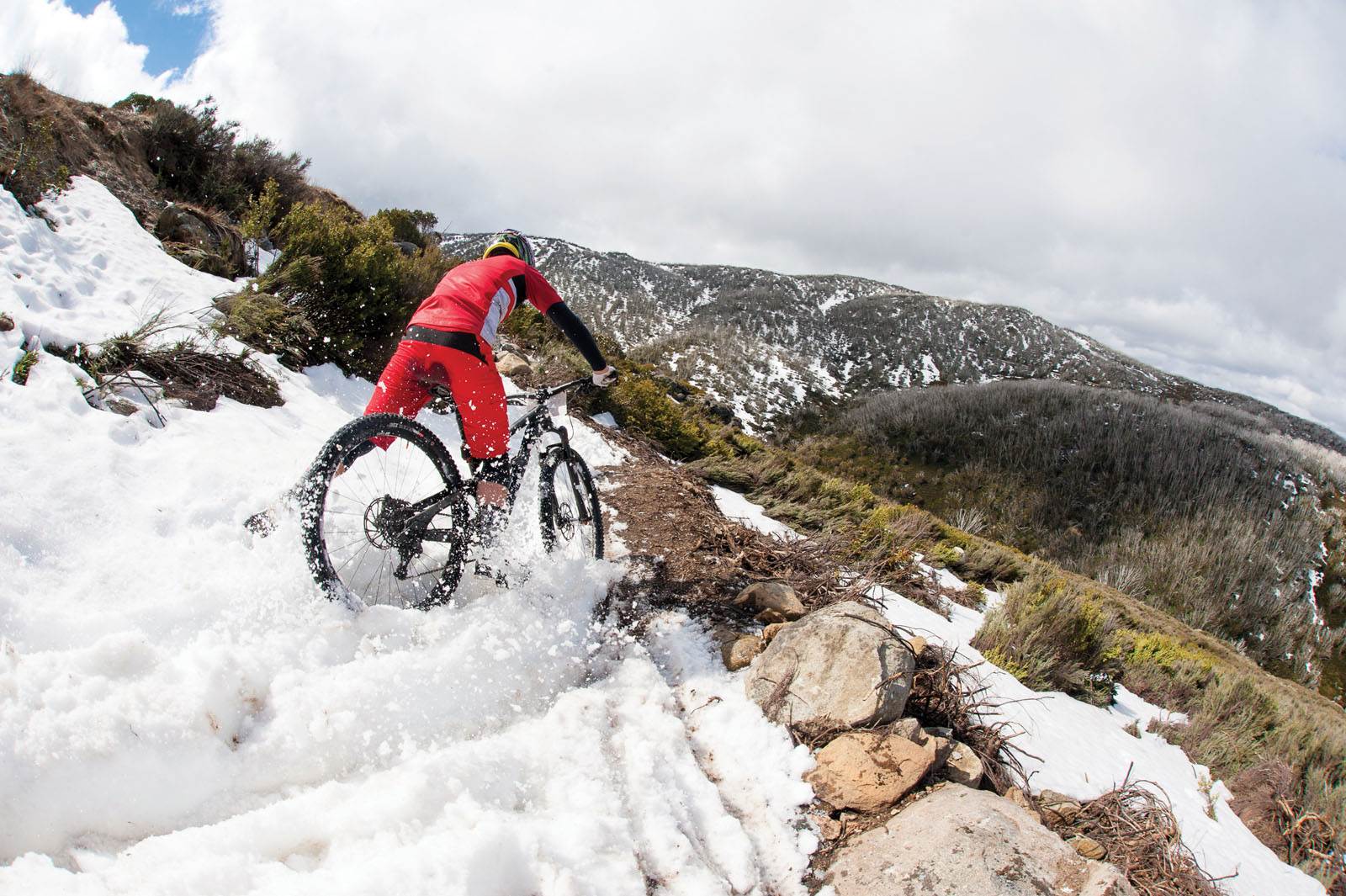
2. Fuel up
Our body doesn’t change even though the temperature has. And, in fact, we can burn even more fuel just trying to stay warm during a session in winter. For high intensity sessions or for sessions longer than an hour, make sure you keep eating 30-60g carbs per hour. This can be sports products such as gels or special drinks, but it could also be fruit or a fruit bar if you prefer. Eat a carb-filled meal or snack before you train so you’ve got some fuel to burn and can make the most of those high intensity sessions.
3. Recover like a champion
To give your body the best chance of recovery, so you can train hard during your next session, make sure you eat a meal or snack with carbs and protein within 30 minutes of finishing a session. The ideal scenario when you finish a ride is to have a meal – such as breakfast with toast and eggs or cereal with milk; or dinner with rice or pasta and a source of lean protein. If you know you’re going to take longer than 30 minutes to get that next meal, a fast-digesting carbohydrate and protein drink is a quick and easy alternative solution.
4. Introduce some “low” sessions
You may have heard of fasting, keto, low-carb diets or training “low” for endurance. Whilst following a no-or-low-carb diet in the long term is not good for your immune system or your performance, adding one or two fasted sessions into your weekly training can be great for weight control during winter and also for your endurance. Why? Fasted sessions teach your body to utilise fat for fuel more effectively and fuelled sessions teach your body to utilise carbohydrate for high intensity sessions. Try this: one night a week eat dinner without carbs, then the next morning do a short, low-to-moderate intensity ride (up to 60 minutes at 60-70 per cent of your maximum heart rate, such as a commute) without eating first. But, make sure you follow this ride up with a good breakfast for recovery.

5. Don’t forget, a quality diet is king!
The cold, short days of winter can mean we slip into poorer food choices for comfort and to satisfy our increased appetites. The best way to avoid this is to concentrate on quality. Have an extra focus on lean protein sources, such as lean meat, chicken, salmon or eggs and low GI (Glycaemic Index) carbohydrates like sweet potatoes and brown rice. The combination of high protein and low-GI foods keeps you fuller for longer and has been shown to be one of the most effective diets for managing weight.
6. Plan, plan, plan…
Make it easy for yourself, and minimise any chance of swinging by the Indian takeaway on the way home, by batch cooking and freezing a range of healthy meals. A slow cooker is perfect for this. Winter warmers like soups, stews, casseroles and curries can be great healthy options if home-made – and all freeze well. You’ll have a healthy dinner ready to go as soon as you walk in the door.
7. Look after your immune system
Colds and flus are rampant in winter, and you’re even more prone to them if you’re training and not giving your body what it needs to regenerate. Stack up on vegetables for a range of vitamins and minerals perfect for recovery and immune-system support. Make sure your plate is half-full of veg (which will help with managing your weight as well). You can also take an antioxidant supplement for additional support. A multivitamin or ACE combination is a good option, but so are products like sour cherry juice which are now available from sports stores.

